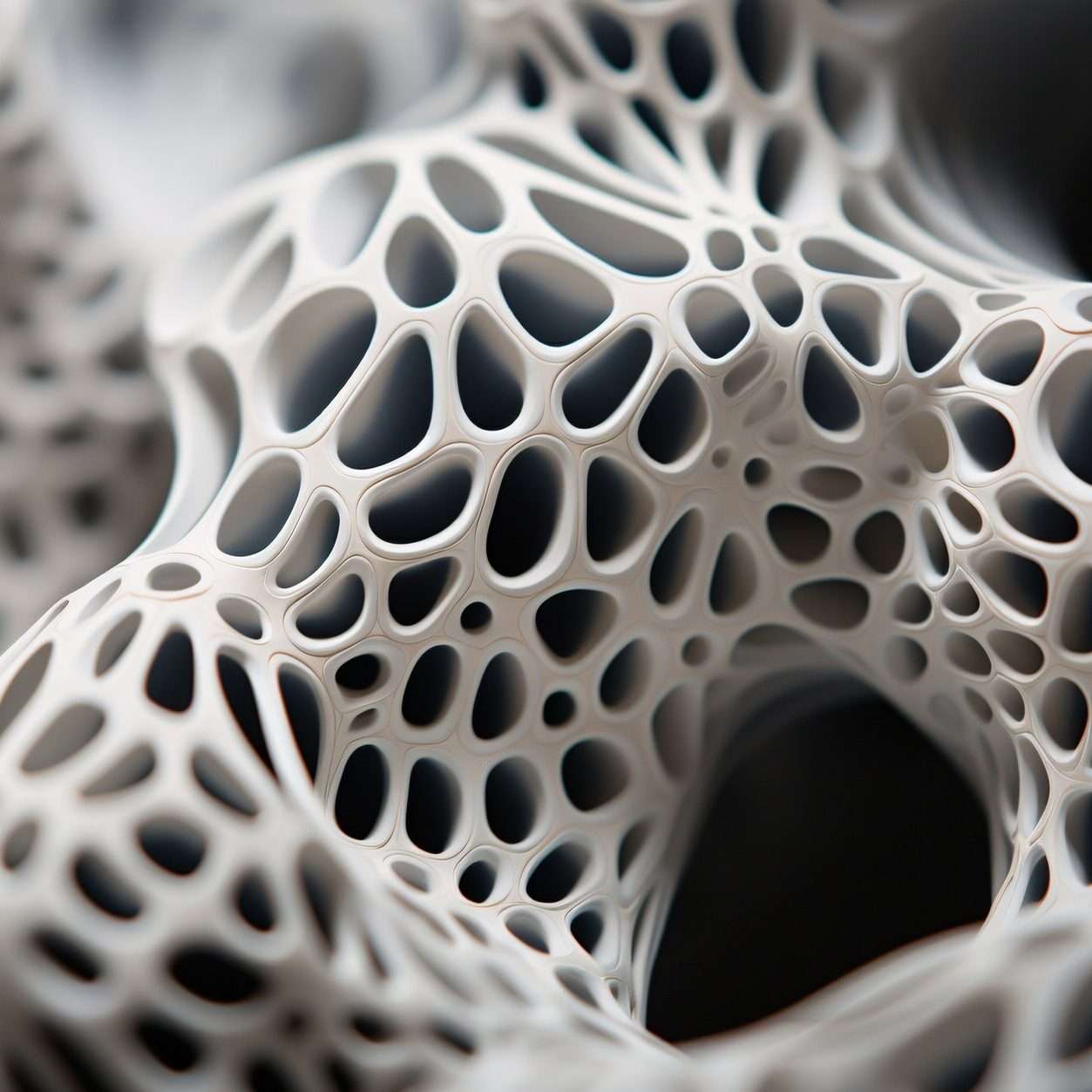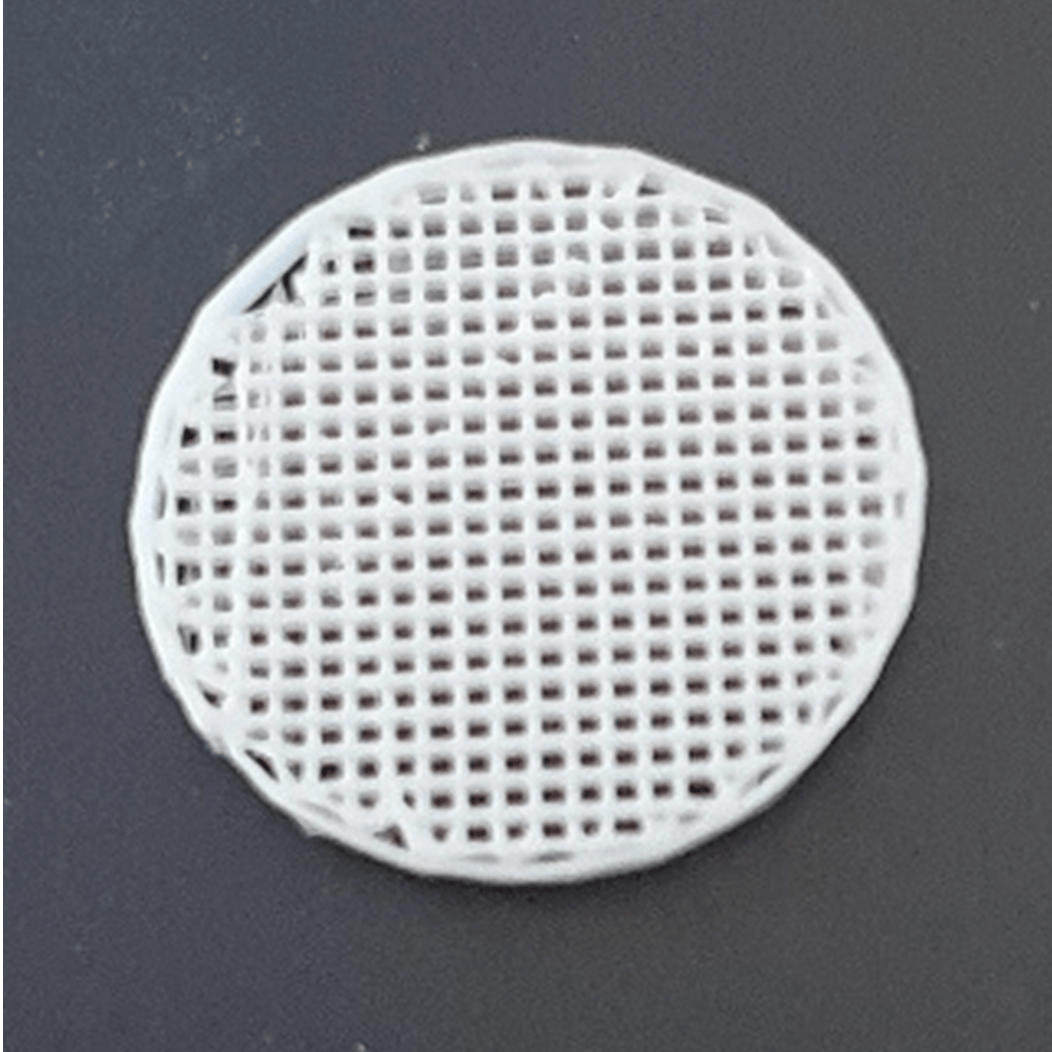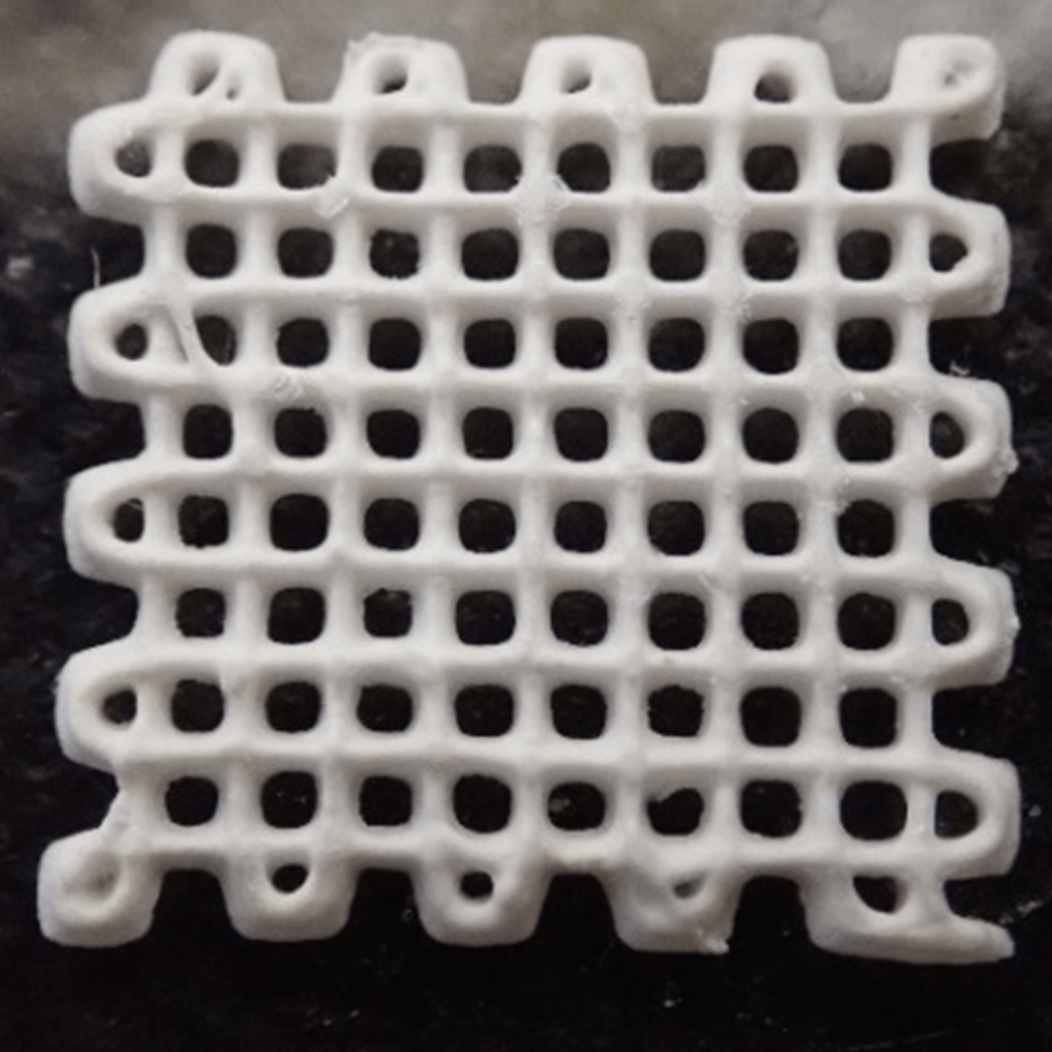Product Development
Biomaterial & Drug Synthesis
Biomaterials are specialized materials designed for use in medical and biological contexts. They interact with living tissues and serve various purposes in healthcare, such as in medical devices (implants, stents), tissue engineering (artificial organs), drug delivery, wound healing, and diagnostic tools. Biomaterials can be natural or synthetic and are chosen based on their compatibility with the body and intended medical application. They should not cause adverse reactions in the body and play a crucial role in advancing medical treatments and technologies. Drug synthesis with biomaterials involves using specialized biomaterials to create, enhance, or deliver pharmaceuticals. This can include controlled and targeted drug delivery, improving drug stability and solubility, creating implantable drug delivery systems, and promoting tissue regeneration or gene therapy. The goal is to optimize drug therapies, minimize side effects, and improve patient outcomes through biomaterial-based drug delivery methods.





About the service
At RMT, we offer a wide range of services related to biomaterials and drug synthesis, including:
Medical Device Development: Biomaterials are used in the fabrication of various medical devices, such as orthopedic implants (e.g., artificial joints and bone plates), cardiovascular devices (e.g., stents and pacemakers), dental implants, and contact lenses. Our team is well-experienced in developing orthopedic implants using auxetic biomaterials to accelerate the bone-healing process and, in parallel, avoid stress-shielding effect.
- Drug Delivery Systems
- Tissue Regeneration
- Surface Coatings
- Stimulus-responsive Biomaterials

Tissue Regeneration
In regenerative medicine, we possess the capability to draw on to biomaterials to deliver drugs or growth factors that promote programmed tissue regeneration and repair. These materials can serve as scaffolds to support tissue growth while simultaneously delivering therapeutic agents. Our team has developed scaffolds using PVA and chitosan-gelatin for different tissue engineering applications.
Surface Coatings
We possess the expertise in developing surface coatings to enhance biocompatibility, device performance and reduce friction. Hydrophilic coatings, that our team developed, are applied to the surfaces of medical devices, such as catheters or stents, to make them water-attracting or “hydrophilic.” They enhance the device’s lubricity and reduce friction when in contact with biological fluids or tissues.


Stimulus-responsive Biomaterials
We specialize in developing stimulus-responsive biomaterials, also known as smart or intelligent biomaterials, designed to change their properties or behavior in response to specific external stimuli. These stimuli can include changes in temperature, pH, light, magnetic fields, or the presence of specific molecules. To name a few, we have developed temperature-responsive gels, a wound management device using pH-responsive materials and a moisture-driven electricity generator using humidity responsive materials.
Quotation
Get a Free Estimation and Quotation
Lorem ipsum dolor sit amet, consectetur adipiscing elit. Ut elit tellus, luctus nec ullamcorper mattis.
